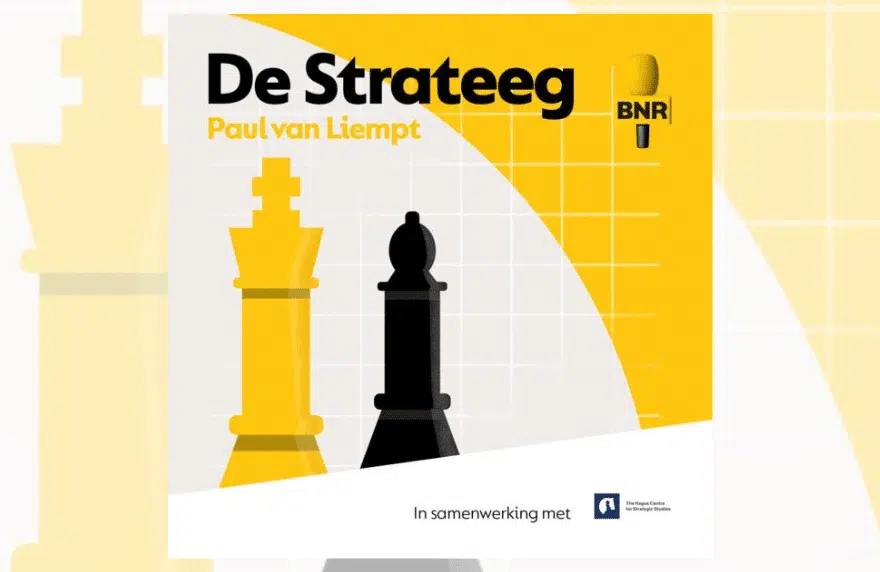Vlak na het einde van de Koude Oorlog berichtte de New York Times in maart 1992 over een geheim plan dat in het Pentagon onder leiding van onderminister van Defensie Paul D. Wolfowitz werd geschreven. Het Westen had de Koude Oorlog gewonnen. Er was een nieuwe tijd aangebroken. De Verenigde Staten waren de enig overgebleven supermacht. Dit bood ongekende mogelijkheden om de wereld naar Amerikaanse inzichten te vormen. Wolfowitz wilde een strategie van selectieve betrokkenheid bij de rest van de wereld. De Verenigde Staten zouden slechts interveniëren in delen van de wereld waar Amerikaanse belangen werden geschaad. De strategie van selectieve betrokkenheid hield het midden tussen afzijdigheid van de internationale politiek zolang de Verenigde Staten niet bedreigd werden en als de politieagent die overal ter wereld moest optreden als er Amerikaanse belangen in het geding waren of westerse waarden geschaad werden. Het lijkt erop dat Donald Trump teruggrijpt op dit neoconservatieve gedachtengoed. Maar hoe keken sinds de tijd van Wolfowitz achtereenvolgende presidenten tegen de Amerikaanse macht aan? Deze bijdrage gaat daar over.
Het hele artikel is hier te downloaden.
Dit artikel is een hoofdstuk uit het boek Elementaire Deeltjes en is verschenen in het vakblad Maatschappij en Politiek.






